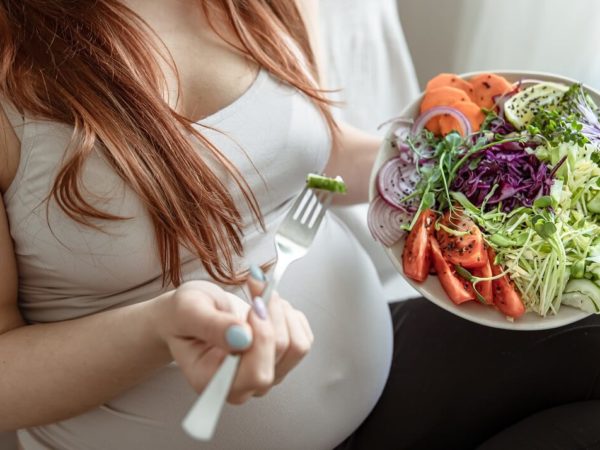Uterine fibroids are benign (non-cancerous) growth in and on your uterus. Like diabetes and high blood pressure, fibroids can be found during your ultrasound in the first few weeks of pregnancy.
Many women develop fibroids in their late 30s and 40s, although women in their childbearing age can also develop this growth. Fibroids lead to painful and heavy periods. Gynecologists recommend fibroid removal treatment in Thane for women diagnosed with this unwanted growth in their uterus.
The question is, what if fibroids are diagnosed during pregnancy? How will it affect your baby’s development? Is your pregnancy safe with fibroids? The answers depend on factors like the location of this tissue, its size, and symptoms. The size can range from a coin to a football. Let’s discover the risks associated with fibroids.
More info on : Hysterectomy: All You Should Know
Fibroids’ Impact on the Fetus
Fortunately, fibroids are not really a cause for concern for your child, but if they are too large and too many of them, your gynecologist will monitor the fetus regularly. Here’s what can occur.
- Premature and abnormal detachment of the placenta from the uterus
- Fibroids might develop in size during pregnancy (they can also shrink)
- Too many fibroids can take up significant space in your uterus, which might breech your baby’s position. If they are in a bottom-down position, you may have to undergo c-section delivery.
- Excess pressure on the uterus from fibroid growth can result in preterm delivery, as it might break your water and cause premature uterine contraction.
Risk for the Mother
Fibroids can grow in the area leading to the birth canal, obstructing the way and making normal delivery difficult. Women diagnosed with fibroids are recommended c-section if the location of these tissues is near the lower uterus.
Women may not get normal contractions. There’s also a risk of postpartum hemorrhage, which occurs due to improper contraction of the uterus. It causes continuous vaginal bleeding. Vaginal delivery with fibroids is possible, but whether or not you are a suitable candidate for normal delivery depends on the location and size of the fibroids.
Treatment Options for Fibroid
Fibroid removal specialists in Thane advise people against getting fibroid removal treatment during pregnancy, as it poses threat to the mother and the baby’s health. You can explore your options for shrinking the fibroids or having them removed altogether post-delivery.
Myomectomy is a surgical procedure that removes the fibroids while leaving the uterus intact. It’s highly recommended for women who may plan pregnancies in the future. However, there is a risk of the fibroids growing back. You can consider hysterectomy—removal of the uterus—but you will no longer be fertile. Uterine fibroid embolization is another choice for women planning pregnancy. This procedure shrinks fibroids by 40-60 percent by cutting off the blood supply.
Check more at : Abnormal Uterine Bleeding, Need For Laparoscopic Hysterectomy Surgery In Thane West
If you don’t want invasive medical procedures, there are simpler alternatives available. Medication, for instance, can relieve your symptoms to some extent. For example, painful and heavy periods or iron deficiency can be cured with anti-inflammatory drugs and iron supplements. These are not permanent solutions to uterine fibroids, though.

Comments are closed.